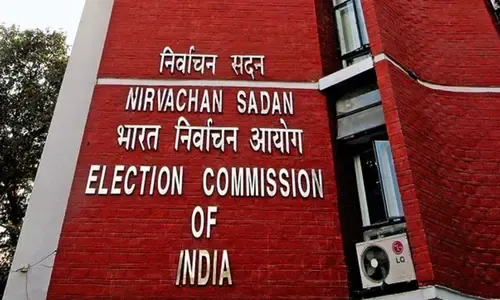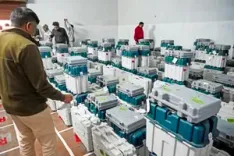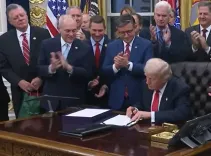Is Dawood Ibrahim Seeking New Cartel Alliances in Mexico?

Synopsis
Key Takeaways
- Indian agencies are intensifying efforts against drug trafficking.
- Dawood Ibrahim is adapting by seeking new cartel alliances.
- 80% of terror funding is linked to Dawood's narcotics operations.
- Newer routes through Mexico pose fresh challenges.
- The ISI is actively involved in facilitating these operations.
New Delhi, Sep 25 (NationPress) In response to the stringent directives issued by Union Home Minister Amit Shah to the anti-narcotic task forces across states and Union Territories, security agencies have entered a phase of intensified action against drug trafficking. The Home Minister has mandated central agencies to amplify their efforts against drug smuggling, and the outcomes of these operations over the past few months have been notable.
Despite the existence of various drug cartels operating within India, dismantling the Dawood Ibrahim syndicate, which maintains a significant hold over the narcotics trade, remains critical. This crackdown has compelled the Dawood syndicate to reassess its operational strategies.
The financial gains from this illicit trade are directly funneled into financing terrorism within India. It is estimated that approximately 80 percent of terror financing is sourced from the Dawood network, placing him under immense pressure to sustain his operations. Amidst ongoing plots by the ISI and Pakistan to orchestrate attacks on India, the need for funds becomes even more pressing.
This reality necessitates an escalation of the narcotics trade, leaving Dawood with no option but to expand rather than reduce it. Reports indicate that the Dawood network is now establishing connections with drug cartels in South Africa and Mexico as part of a new strategic approach.
While he has long held influence in South Africa, the Mexican cartels represent a relatively new frontier for him. The significance of the Mexican network lies in its capacity to supply large amounts of narcotics to India.
Evidence of the involvement of Mexican cartels surfaced on November 25, when the Indian Coast Guard intercepted a substantial drug shipment from a fishing vessel in the Andaman and Nicobar Islands. These cartels are the very ones with which the Dawood network is seeking to forge alliances.
Indian agencies have extensive experience dealing with the Dawood networks, having engaged with them for years. However, the introduction of new players complicates matters, as they tend to operate differently and rely on unknown local operatives in India. Dawood has reportedly reached out to the notorious Mexican drug lord, El Mencho, to facilitate business operations in India.
While the D-gang will likely continue to utilize traditional smuggling routes through Punjab, Jammu and Kashmir, and Gujarat, the Mexican network is expected to target markets in southern India.
To navigate these new routes, the ISI has enlisted the assistance of individuals like Haji Salim and Salim Dola, who are responsible for managing international cartels to facilitate drug smuggling into India. Dola is particularly noteworthy as he specializes in the production and smuggling of mephedrone, a synthetic drug.
While Haji Salim operates from Pakistan after relocating from Afghanistan, Dola functions from Turkey. For Indian agencies, the emergence of newer players from Chinese and Mexican cartels presents a formidable challenge. The ISI's strategy aims to entangle Dawood in multiple partnerships, ensuring a continuous flow of drugs into India through various channels.
Managing numerous networks simultaneously strains the system. Officials indicate that monitoring these networks is now more crucial than ever. The ISI, having grown increasingly ambitious in recent years, seeks to undermine India through multiple fronts, particularly along the borders with Bangladesh and Sri Lanka, reminiscent of its earlier tactics in Punjab and Jammu and Kashmir.
To finance such operations, there is an acute need for funding. With the fake Indian currency racket's market value diminishing, the narcotics trade remains their primary avenue. This is why the ISI is pressuring Dawood to engage in dialogues with multiple fronts to ensure a constant flow of narcotics.
After fleeing to Pakistan following the 1993 Mumbai blasts, Dawood reportedly struck a deal with the Pakistani authorities, who provided him shelter in exchange for 60 percent of his profits being directed towards financing terror.
Ultimately, Dawood has no choice but to maintain the flow of narcotics if he wishes to secure his protection in Pakistan.









